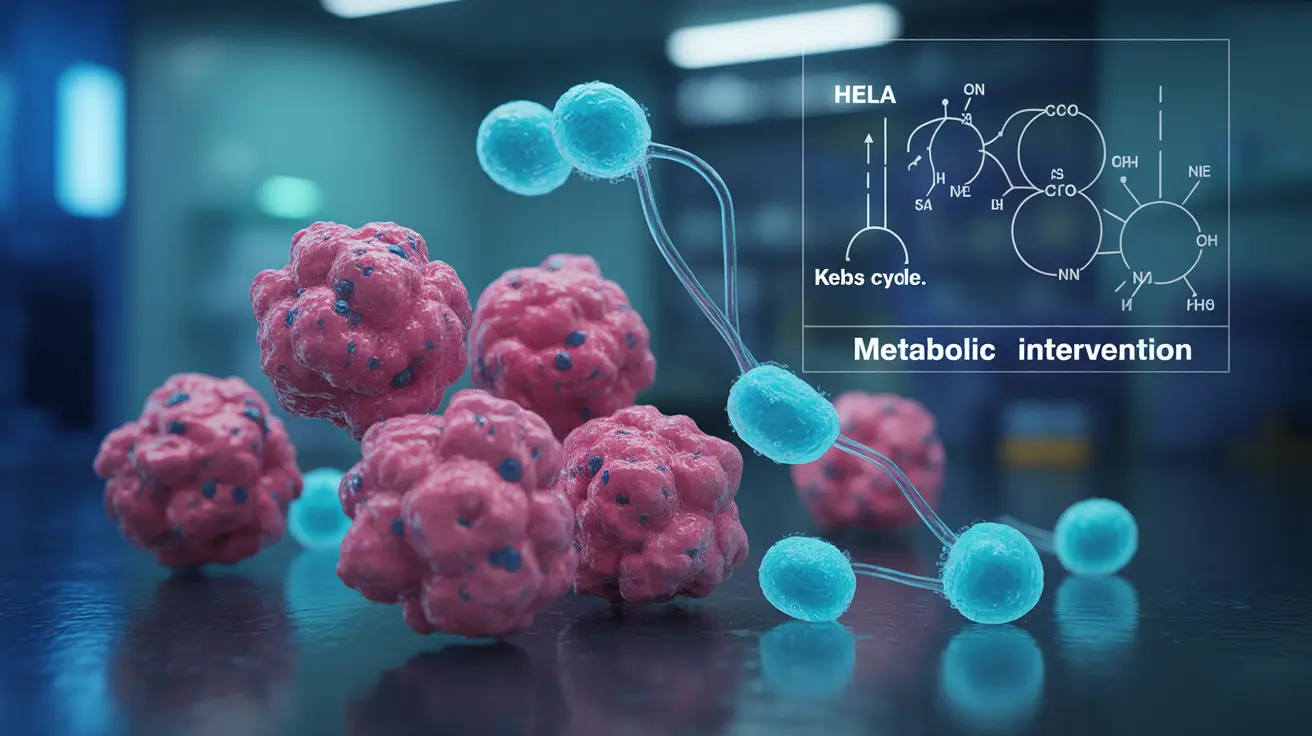As cancer treatment continues to evolve, researchers and healthcare providers are increasingly exploring the potential role of dietary interventions in cancer care. The ketogenic diet, a high-fat, low-carbohydrate eating pattern, has gained attention for its possible effects on cancer metabolism and treatment outcomes.
This comprehensive guide examines the relationship between the ketogenic diet and cancer, exploring both the promising research and important considerations for patients and healthcare providers.
Understanding the Science Behind Keto and Cancer
The ketogenic diet's potential impact on cancer cells stems from their unique metabolic characteristics. Unlike healthy cells, many cancer cells rely heavily on glucose for energy through a process called the Warburg effect. By severely restricting carbohydrates, the ketogenic diet may help create an unfavorable environment for cancer cell growth.
When following a ketogenic diet, the body enters a state of ketosis, where it primarily uses fat for fuel instead of glucose. This metabolic shift produces ketones, which healthy cells can use for energy, while many cancer cells cannot efficiently utilize these alternative fuel sources.
Current Research and Evidence
While preliminary studies show promise, it's important to note that research on the ketogenic diet's role in cancer treatment is still in its early stages. Some studies have demonstrated potential benefits in certain types of cancers, particularly those affecting the brain. However, results vary depending on the type and stage of cancer.
Promising Areas of Research
Several areas where ketogenic diet research shows potential include:
- Enhanced effectiveness of conventional treatments
- Reduced side effects from some therapies
- Improved quality of life markers
- Potential anti-inflammatory effects
Important Considerations for Cancer Patients
Before starting a ketogenic diet, cancer patients should carefully consider several factors:
- Nutritional needs during treatment
- Current weight status and muscle mass
- Type and stage of cancer
- Ongoing treatments and potential interactions
- Overall health status and any existing conditions
Implementation and Monitoring
If considering a ketogenic diet during cancer treatment, it's crucial to work closely with a healthcare team, including an oncologist and registered dietitian. Professional guidance ensures safe implementation and proper monitoring of nutritional status, side effects, and treatment interactions.
Frequently Asked Questions
Can a ketogenic diet help slow the growth of cancer tumors?
While some research suggests the ketogenic diet may help slow tumor growth in certain cancers by limiting glucose availability, evidence is still preliminary. The diet's effectiveness likely varies depending on cancer type and individual factors.
What are the potential risks of following a keto diet if I have cancer?
Potential risks include nutritional deficiencies, unwanted weight loss, digestive issues, and possible interactions with cancer treatments. Some patients may also find the diet challenging to maintain during treatment.
How does a keto diet affect the effectiveness of chemotherapy or other cancer treatments?
Current research indicates that a ketogenic diet might enhance the effectiveness of certain cancer treatments, but results vary. Some studies suggest it may help reduce side effects, while others show potential benefits for treatment response.
Is the ketogenic diet safe for all types of cancer patients, especially those with weight loss or malnutrition?
The ketogenic diet isn't suitable for all cancer patients, particularly those experiencing significant weight loss or malnutrition. Patients with pancreatic insufficiency, liver failure, or certain metabolic disorders should avoid this diet.
Should I consider a ketogenic diet as a standalone treatment or only alongside conventional cancer therapies?
The ketogenic diet should not be used as a standalone treatment for cancer. If considered, it should be implemented as part of a comprehensive treatment plan that includes conventional cancer therapies, under close medical supervision.
Always consult with your healthcare team before making any significant dietary changes during cancer treatment. They can help determine if a ketogenic diet is appropriate for your specific situation and how to implement it safely alongside your current treatment protocol.




